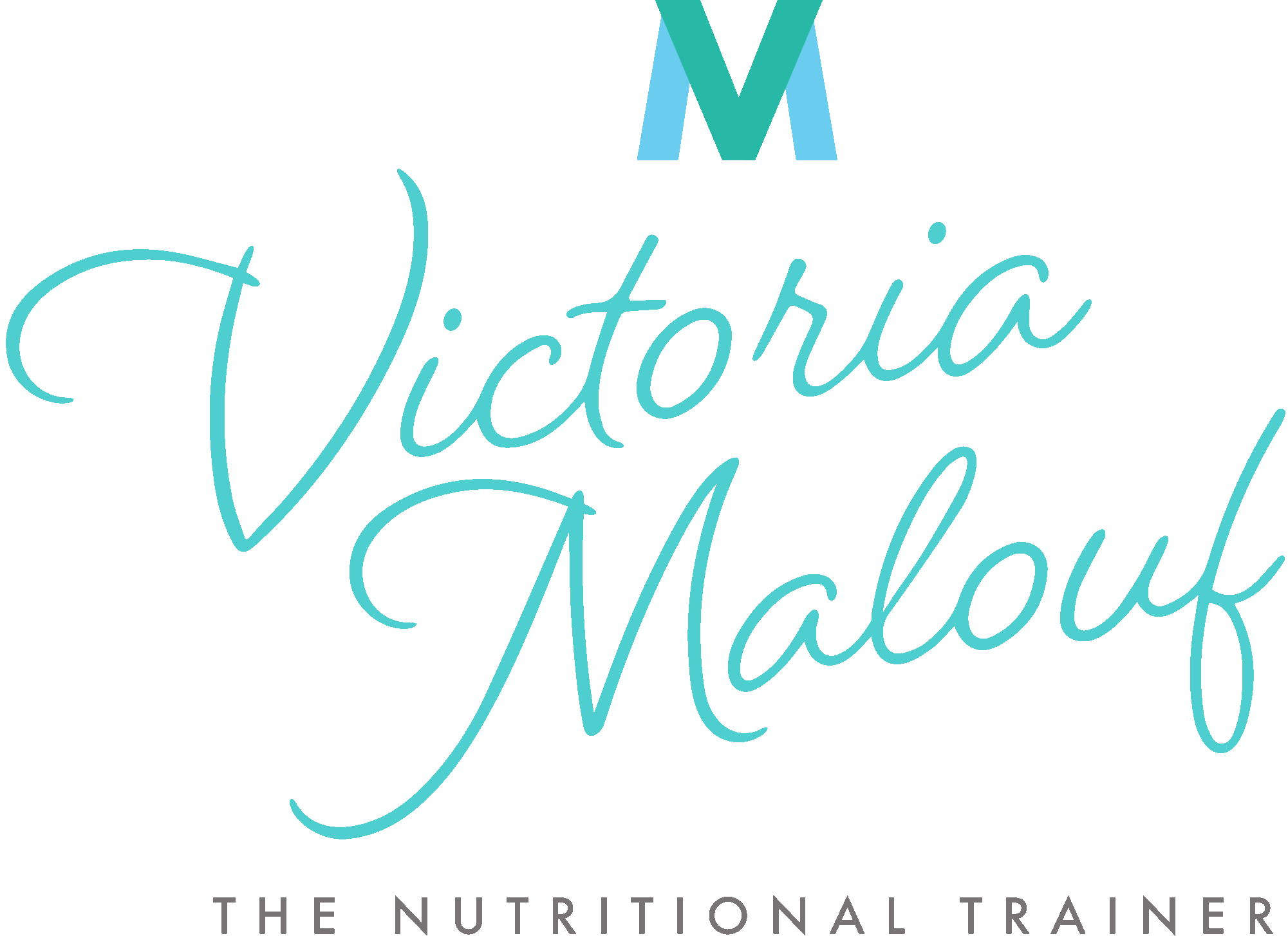Steps to bring out the runner in you - Part 1
- Dec 15, 2014
- 3 min read

Ok so you wake up one day and think “I want to start running” But have no idea where to start or what is involved. Welcome to my 6-part blog series on how to become a runner.
Part 1 - Building your running motivation
Part 2 – Types of Running training
Part 3 - Making your body running ready.
Part 4 - How to build the perfect running program.
Part 5 - Optimum nutrition for maximizing your runs and recovery in between runs.
Part 6 – Actually completing a fun run.
So lets get on with part 1 shall we. For each runner, his or her motivation is going to be different and varied. We all need that running motivation, something that is going to get us up and out of bed on that cold winter morning when all we’d prefer to do is press snooze on the alarm clock. Here are some of my personal favourite reasons that get me up at all hours of the night to go for a run.
Physical health
Apart from being a great way to increase your fitness, running has lots of other physical benefits. Running improves and lowers your blood pressure, helps your bones become stronger and increases bone density helping ward off osteoporosis. Running also helps to increase your lung capacity and helps our lungs to get stronger. A 2008 study from Stanford University also concluded that running has the following benefits
Runners suffer fewer disabilities
Running delays age related disabilities by almost 2 decades
Runners are 7 times less likely to require knee replacements.
Running doesn’t increase or worsen hip, knee or back pain.
Weight loss
Due to the amount of calories that can be burnt during a run, this makes it the perfect weight loss exercise. We burn approximately 100 calories per mile (1.6km). And I we are burning off 3500 calories more than we are eating, then we are going to lose half a kilo. So to lose half a kilo a week we need to be burning off 500 calories per day .. Approximately a 5-mile run (8km)
Stress relief
Stress lowers your immunity, making your more susceptible to infections and viruses, increases blood pressure, increases fat storage and keeps your blood sugar level elevated. Running and those natural endorphins or “runners high” that you probably hear everyone talking about helps to counteract all of these whilst also helping improve your sleep and also allows time for reflection (doing this will help you not focus on how far you’re running or have been running for)
Brain Power
Here are a couple of studies that help show that running helps our body to be able to process and store information
A 2003 study conducted at the university of Georgia found that submaximal aerobic exercise e.g. distance running, improves people’s ability to process information. You’re probably thinking I was just talking in French right and didn’t understand a word of that. Plain English – going for a long slow run, one where you can still comfortably hold a conversation helps improve your ability to process information.
A 2004 study from UCLA cited that consistent exercise helps regenerate nerve function in the brain – hello being able to walk and exercise until later in life.
Coupled this with a study from the Medical university in Vienna that found that endurance running helps maintain cognitive (brain and nerve) function until much later in life.
Use it or lose it
This saying doesn’t apply to anything as much as it applies to our muscles, joints and brain. If we are not putting the appropriate amount of resistance and stress on our muscles and joints then they are going to begin to atrophy (break down) and our bone density (what makes our bones big and strong) is going to decrease. Hate to say it but by the age of 25 (yep even I’m over the hill in terms of this) we begin to lose skeletal muscle mass at a rate of 1% per year. Proper resistance training can help to drastically reduce this.
Eating
You know those runners bodies that you are envious of.. It’s because they.. yep you guessed it .. RUN! However, running is only partly responsible. You may look at them and think that they can eat whatever they want but truth is they are so lean and toned because they watch what they eat. They know how to use their nutrition for their advantage to get the most out of their runs. Part 5 of this blog series is Nutrition for running so stay tuned!





Comments